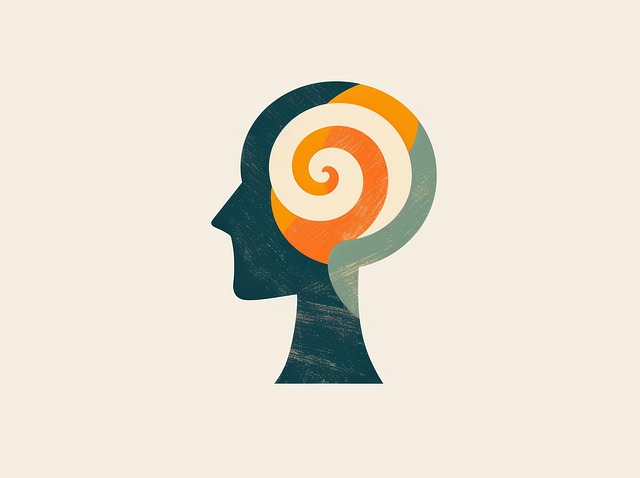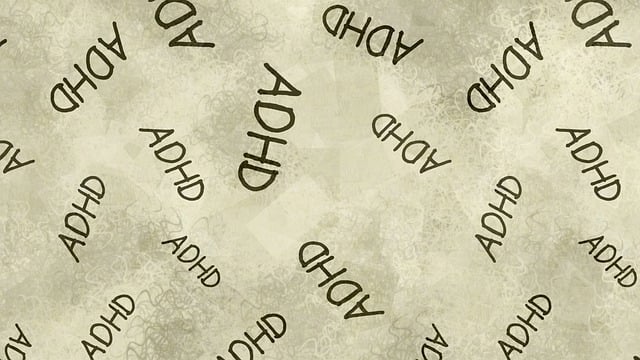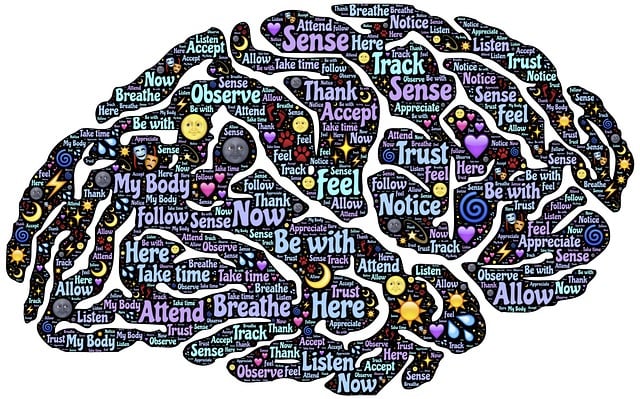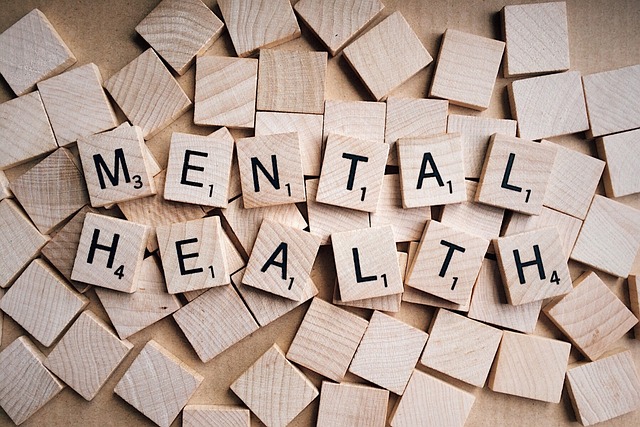Centennial Therapy for Therapists-Clinicians emphasizes understanding mental wellness needs through self-awareness, identifying triggers, and implementing personalized stress reduction methods. This proactive approach includes mindfulness, meditation, and healthy habits like nutrition, exercise, and sleep to promote emotional intelligence and prevent issues like depression. Through tailored therapy sessions, a Mental Wellness Podcast Series, and centered routines, therapists can maintain well-being, enhance resilience, and provide better client care, ultimately fostering holistic mental wellness.
“Unwind, rejuvenate, and prioritize your mental wellness with this comprehensive guide. In today’s fast-paced world, self-care is not a luxury but a necessity. This article, tailored for therapists and clinicians, explores the development of a robust mental wellness routine.
We begin by understanding individual needs, delving into trigger identification, and offering mindfulness techniques to ‘center’ oneself. Additionally, we discuss healthy habits like nutrition, exercise, and sleep optimization. Finally, discover strategies to build a personalized self-care routine, fostering resilience and well-being.”
- Understanding Your Mental Wellness Needs: A Foundation for Self-Care
- Identifying Triggers and Stressors: Taking Control of Your Environment
- Centering Yourself: Mindfulness and Meditation Techniques for Therapists
- Cultivating Healthy Habits: Nutrition, Exercise, and Sleep for Optimal Mental Health
- Building a Personalized Self-Care Routine: Tools and Strategies for Clinicians
Understanding Your Mental Wellness Needs: A Foundation for Self-Care

Understanding your mental wellness needs is a crucial foundation for developing an effective self-care routine. Just as each individual has unique physical requirements, mental health care should be personalized too. Factors like stress levels, emotional resilience, and past experiences all play a role in shaping what constitutes a healthy balance for someone.
Centennial Therapy offers valuable insights for therapists and clinicians to help their clients navigate this process. By prioritizing self-awareness and emotional intelligence, individuals can identify triggers and patterns that contribute to mental health challenges. This proactive approach enables the implementation of tailored stress reduction methods, fostering a sense of control and resilience. Ultimately, recognizing and addressing these needs paves the way for preventing issues like depression and promotes overall well-being.
Identifying Triggers and Stressors: Taking Control of Your Environment

Identifying triggers and stressors is a crucial step in developing a robust mental wellness self-care routine. By taking control of your environment, you can significantly reduce their impact on your well-being. Start by paying attention to situations, people, or activities that induce stress or trigger negative emotions. Keep a journal to record these moments and any recurring patterns. This practice, often facilitated through self-awareness exercises, allows you to recognize personal boundaries and develop coping strategies.
For instance, if specific noise levels or crowded spaces significantly affect your mental health, consider implementing changes in your surroundings. Whether it’s using noise-canceling headphones or choosing quieter work spaces, these adjustments empower you. Therapists and clinicians at Centennial Therapy can guide this process through personalized therapy sessions, offering valuable insights into self-care practices tailored to individual needs. Moreover, exploring a Mental Wellness Podcast Series Production can provide additional tools and strategies for managing stressors effectively.
Centering Yourself: Mindfulness and Meditation Techniques for Therapists

In today’s demanding healthcare landscape, therapists and clinicians often find themselves at the center of intense emotional settings. Centering yourself is a vital skill to maintain your mental wellness in this profession. Mindfulness and meditation techniques offer a powerful tool for self-care routine development. Therapists can employ these practices to create a personal sanctuary within their busy schedules, fostering resilience against burnout and enhancing their ability to support clients effectively.
By integrating mindfulness into their daily lives, therapists can prevent depression and promote emotional equilibrium. This is not merely an individual pursuit but also contributes to the broader mental health policy analysis and advocacy efforts. When therapists prioritize self-care through practices like meditation, they demonstrate a commitment to both personal well-being and the quality of care they provide. Such proactive measures can significantly impact positive outcomes for clients seeking therapy.
Cultivating Healthy Habits: Nutrition, Exercise, and Sleep for Optimal Mental Health

Maintaining healthy habits is a cornerstone of optimal mental wellness. Nutrition plays a significant role in emotional intelligence and mental health; a balanced diet rich in essential nutrients supports brain function and overall well-being. Incorporating regular exercise, such as those recommended by Centennial Therapy for Therapists-Clinicians, releases endorphins that can reduce stress and improve mood. Adequate sleep is equally vital; it allows the body to rest, repair, and reset, thereby enhancing emotional healing processes.
These lifestyle factors interact synergistically with therapeutic practices like journaling exercises from Mental Wellness Journaling Guidance to foster emotional intelligence and support ongoing emotional healing. By cultivating healthy habits, individuals can create a robust foundation for their mental wellness, enabling them to navigate life’s challenges more effectively.
Building a Personalized Self-Care Routine: Tools and Strategies for Clinicians

Building a personalized self-care routine is an essential aspect of clinical practice for therapists and clinicians. It allows professionals to cultivate their inner strength and maintain a healthy work-life balance, ultimately benefiting their ability to support clients effectively. Through tailored strategies, such as incorporating mindfulness practices, engaging in regular physical activity, and scheduling quality time for hobbies or social connections, therapists can enhance their well-being and resilience.
Centennial Therapy encourages professionals to prioritize self-care not just as a recommendation but as a necessary tool for personal growth and career longevity. By focusing on self-esteem improvement and coping skills development, clinicians can better support clients navigating mental health challenges. This holistic approach fosters inner strength, enabling therapists to provide more authentic and compassionate care.
Developing a mental wellness self-care routine is a transformative process that empowers therapists and clinicians to thrive in their practice. By understanding individual needs, identifying triggers, and adopting healthy habits, professionals can create a personalized approach using techniques like mindfulness, meditation, and structured routines. This holistic strategy, combined with tools tailored for the unique challenges faced by therapists, fosters resilience and ensures they can provide exceptional care while maintaining their own mental wellness. Through Centennial Therapy’s evidence-based methods, clinicians are equipped to navigate stress, prevent burnout, and cultivate a sustainable self-care practice that enhances both personal well-being and patient outcomes.














